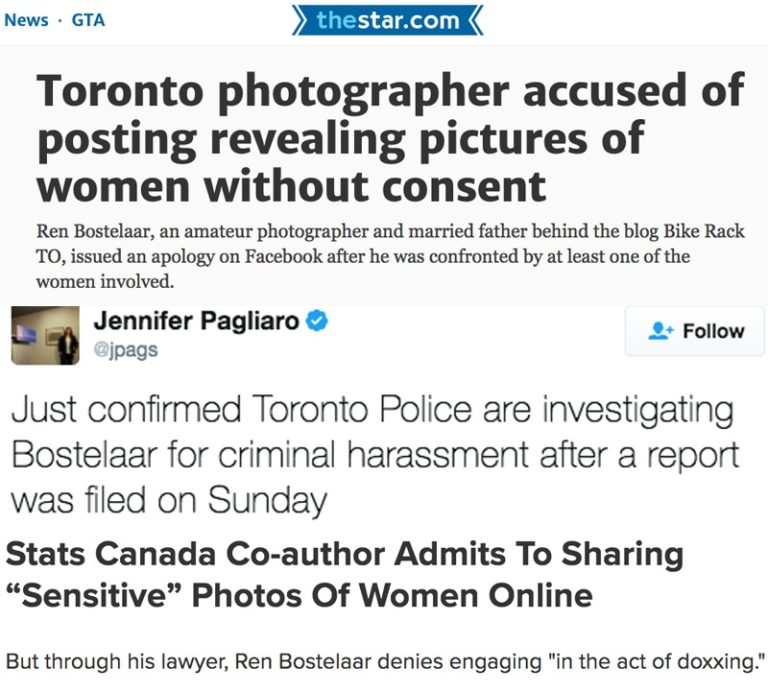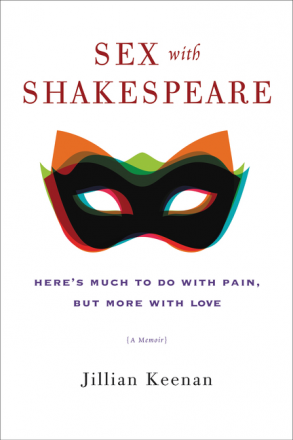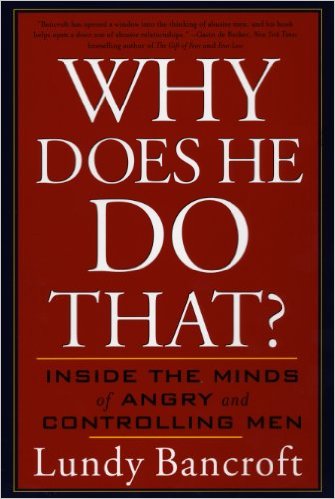
Content note: This piece touches on nonconsensual spanking, other forms of physical abuse, sexual assault, trauma, suicidality, addiction, and human rights violations.
1. It doesn’t work. According to one expert, Elizabeth Gershoff, who reviewed 61 long-term studies and 8 international investigations, “Zero studies found that physical punishment predicted better child behavior over time.” Some studies found physical punishment increases children’s aggression and other behavioral problems. (I mean, yeah, when the person you’re supposed to be able to love and trust implicitly starts beating you on a sexual body part, you’re gonna have some feelings about that, and those feelings might manifest as aggression.) Gershoff’s final word on the matter: “Physical punishment is harmful to children’s development and well-being. There is no evidence that it has any positive outcomes whatsoever.” Hear hear.
2. It’s traumatic. Studies have found that, in terms of inciting behavioral problems in children the likes of which are usually due to trauma, spanking has “statistically indistinguishable effects” from other forms of childhood trauma, like emotional abuse, neglect, and the death of one’s parent. People who were spanked as children are likelier to die at a younger age from cancer, heart disease, and respiratory problems. They are also likelier to develop aggressive and antisocial behaviors, anxiety, depression, and autoimmune disorders – all problems known to arise from trauma more generally. Spanking is also linked with an increase in heavy drinking, street drug usage, and suicidality.
3. It’s sexual. As spanking fetishist and journalist Jillian Keenan argues in her brilliant Slate piece on the matter, the butt is an inherently sexual zone. The area shares an artery with the genital region, so when you spank someone, bloodflow to their genitals increases. This is part of why spanking arouses so many kinksters – and why it’s a vastly inappropriate thing to do to one’s child. A scientist who’s studied spanking’s neurological effects on children says it produces “the same reactions in the brain” as sexual abuse. Just because a body part doesn’t seem sexual to you doesn’t mean it’s not sexual, culturally and biologically.
4. It teaches a terrible lesson. I don’t know about you, but if I ever have kids, I hope to impart good lessons to them about conflict resolution and emotional self-regulation. It’s horrendous to teach your children – even just indirectly, through behavior you’re modelling for them – that hitting someone is an acceptable way to deal with feeling angry or overwhelmed. You’re actively making the world worse if you do this.
5. It’s a human rights violation. Children should have just as much of a right to bodily autonomy and protection from harm as anyone else in society, but as things stand, they don’t. It’s still perfectly legal to spank your kid in many places, even though – as described above – there are mountains of evidence showing that spanking is ineffective and harmful. This one form of physical abuse has been privileged as an “acceptable” form, and it’s not. It’s abuse. It’s a violation. It’s not okay. Stop doing it. If you find yourself wanting to hit your child for any reason, seek professional help immediately and stay away from your child(ren) until you’re able to calm down.



